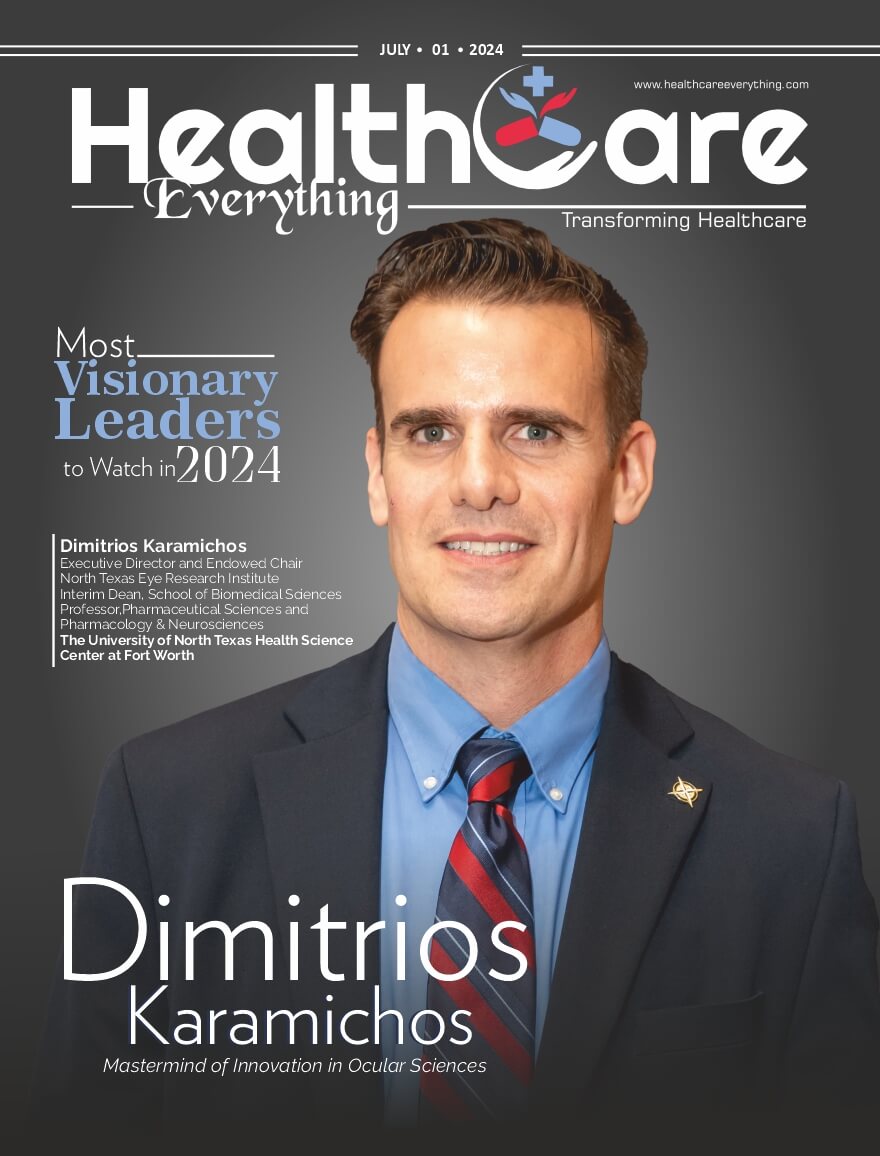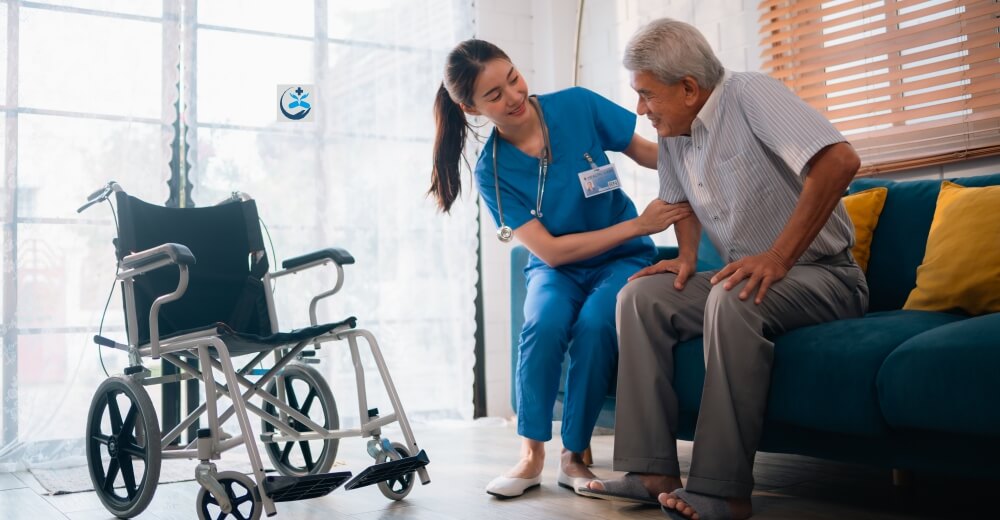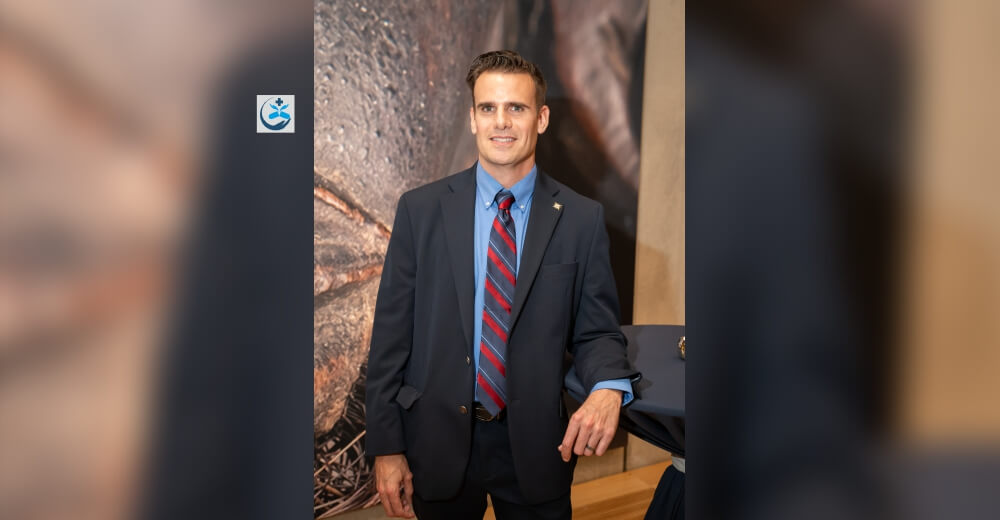Concerns have been raised observing the reliability of diagnoses made via video calls. Recent reports highlight a worrying trend in which patients are being diagnosed with attention deficit/hyperactivity disorder (ADHD) following virtual consultations, particularly in private clinics. This raises questions about the accuracy and thoroughness of assessments conducted through this medium.
Reliance on Video Calls Leads to Unreliable Diagnoses
The limitations of video calls for mental health evaluations, especially ADHD, have become evident. Non-verbal cues and in-person interactions, crucial for accurate diagnoses, are often missed in virtual consultations. Healthcare professionals argue that ADHD assessments require comprehensive evaluations, collateral information from multiple sources, and a thorough medical history review. These elements can be compromised when relying solely on video calls, potentially resulting in misdiagnoses.
Private Clinics Under Scrutiny for Questionable Practices
Private clinics offering remote healthcare services are facing scrutiny due to concerns over the reliability of ADHD diagnoses made through video calls. The convenience of virtual consultations during the COVID-19 pandemic has led to an increase in patients being diagnosed with attention-deficit/hyperactivity disorder (ADHD) via this medium. However, experts are questioning the accuracy of these diagnoses and the thoroughness of assessments conducted remotely.
As remote healthcare continues to be utilized, it is essential for healthcare professionals and clinics to ensure comprehensive evaluations and adhere to diagnostic guidelines. A multidisciplinary approach, involving various experts, should be implemented to minimize the risk of misdiagnosis and provide individuals with accurate diagnoses and appropriate care.
| Read More news: Click here |







